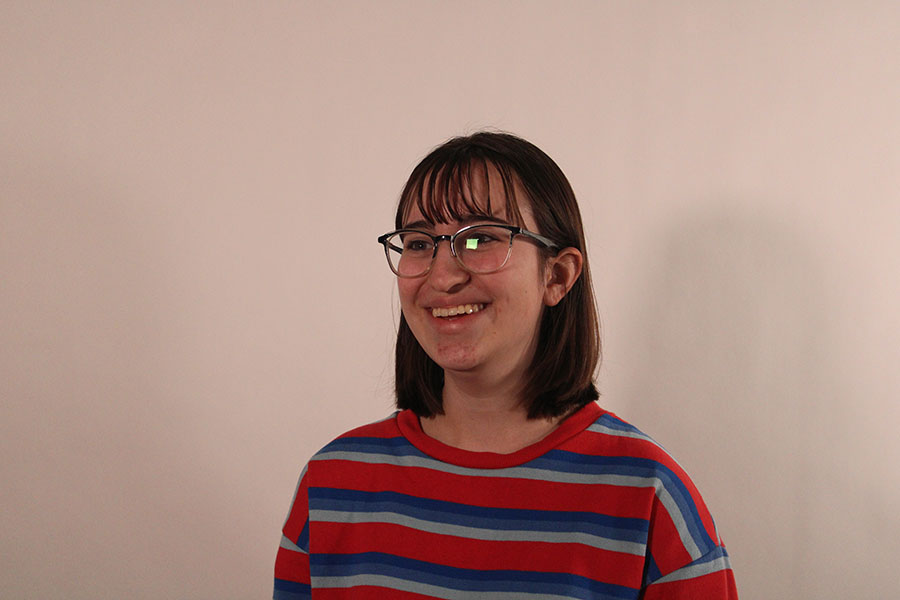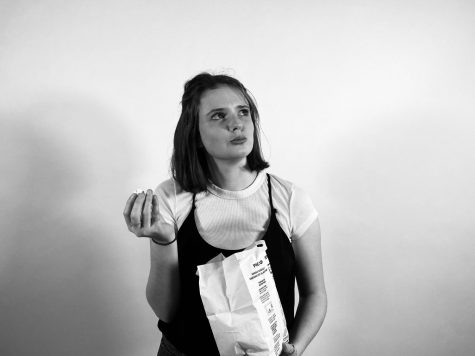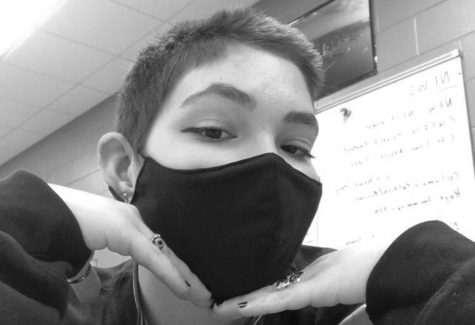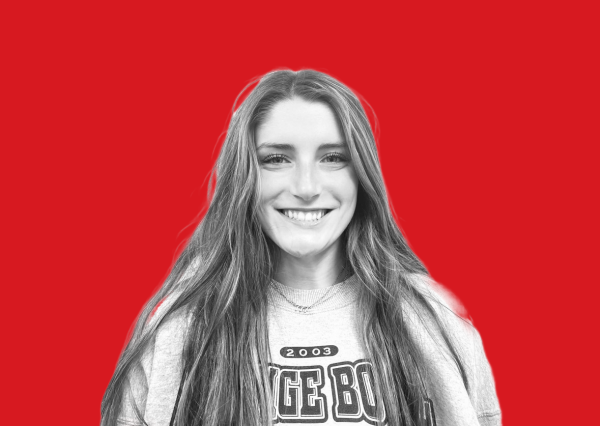Private School Privilege
Looking at the benefits and drawbacks of private high schools.
Julia Weiner ’21, a past attendee of Regina Catholic Education Center, poses for a photo.
December 19, 2019
According to the National Center for Education Statistics, about 5.8 million students were enrolled in private schools as of 2016.
“I know most of the people in my grade and I like that,” Becky Reinhold ‘21, a student who attends a private school in Manhattan called Trevor Day School, said. “Most of the students want to be there.”
Olivia Reibel ‘21, who attends The Putney School, a private boarding school in Vermont, tends to agree with this because of the unique communal experiences that private schools can offer.
“Anywhere [you go] there’s going to be some amount of unhappiness and social status, but I find at Putney it is a lot better because the community tries to eliminate that as much as possible,” Reibel said.
However, private schools have still been known to struggle with diversity. The Washington Post reported that Black, Latinx and Native American students are underrepresented in private schools nationally. Julia Weiner ‘21, a previous attendee of Regina, has seen a difference in diversity between Regina and City High, describing some Regina students as “close-minded.”
“City High is a bigger school, so there are more people, but it’s also more diverse,” Weiner said. “Everybody [at City] is really open and they talk about differences and I think that it’s a really good experience for students because everybody can feel accepted.”
Reinhold has also noticed similar problems with the amount of diversity in her school.
“Socioeconomically, Trevor Day is not that diverse. Racially, it’s also not that diverse. In terms of kids with disabilities, it’s not very diverse at all,” Reinhold said. “[Diversity-wise,] I think it’s about the same as the other private schools in the area.”
Private schools do tend to be smaller, reported the National Center for Education.
“I like some aspects of [private school] because they’re really small, so you know everybody and you get really close to everybody,” Weiner said. “It has this kind of community.”
Weiner explained how she believes that some parents push their kids toward private school because they believe that it will look good for colleges. According to Vox, kids from private schools are more likely to get accepted to colleges than kids who went to public school. After attending Saint Ann’s, a private school in Brooklyn, New York for her freshman and sophomore year, Reibel transferred to The Putney School for her junior year.
“St. Ann’s was a very competitive environment especially college-wise,” Reibel said. “There was lots of talk about going to Ivy Leagues and the school really endorsed having good relationships with a lot of those schools.”
Some students have been turned off of private schools because they can have a harmful environment.
“I switched because I found the social scene to be really toxic,” Reibel said. “Even though the values were welcoming, I found that the people being celebrated in that community were people who were making it more toxic than it should have been.”
After transferring schools, Reibel has also noticed that her new school has a better environment where the students are not always at odds with each other about colleges.
“At Putney, it’s a lot less competitive and people’s attitudes are more like, ‘As long as you’re happy, it doesn’t matter where you go [to college],’” Olivia said.
Weiner has had a slightly different experience in that her outlook on life changed after switching from private to public school.
“In general, I’m more open and optimistic about my future because I really enjoy going to City High,” Weiner said. “I think that I’m a lot more open to meeting other people because I used to be really shy.”
High-quality education is more accessible for high-income families, who often view education not as a public good or a basic right, but as something to be bought, Vox reported.
“My privilege does cause me to feel guilty sometimes, so I just try to be as open and aware of it as possible,” Reibel said. “Generally, when I tell people that I go to private school, I definitely get a feeling of guilt, but it doesn’t overwhelm me.”
Reinhold, on the other hand, prefers not to talk about the fact that she attends private school at all.
“It is not something I would normally bring up. I don’t deny it if people ask, but I don’t generally like to talk about it because it makes me a bit uncomfortable to talk to people about,” Reinhold said.
Weiner thinks that some parents are willing to pay a higher price for education if the private school is a religious one.
“It’s not always about the money,” Weiner said. “For me personally, I’ve had a better schooling experience at City High than I did at Regina. I am a practicing Catholic, but when I was leaving [Regina] I was worried that I would lose some of that [part of myself].”
However, Weiner has adapted to City High and doesn’t feel like going to a secular school has disconnected her from her faith.
“There are still programs at my church that I go on the weekends that help me keep up with my faith, even though I’m not taught with a religious aspect in school anymore,” Weiner said.




































DEANNE SHARPLESS • Feb 5, 2020 at 7:12 pm
I am not going to get any reply to my first question as to why comments were removed from this article??????????????
jrogers • Feb 10, 2020 at 10:08 am
Deanne,
Quotes were removed as requested by parties involved.